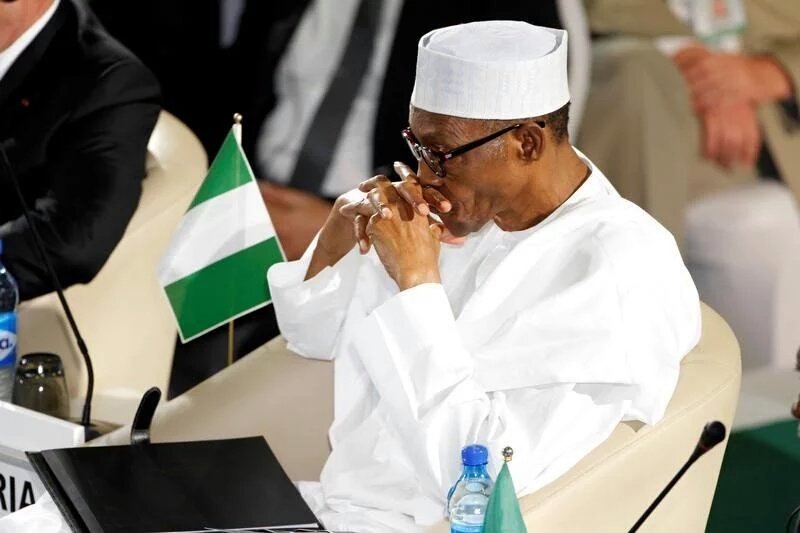Nigeria is currently fighting on many fronts, battered by the sudden plunge in oil prices and the global economic slowdown resulting from the COVID-19 pandemic, as the country now faces the possibility of a second recession.
Many of the country’s major trade partners (including China, India, the UK, and the US) have also been affected by the negative effects of the pandemic. Needless to say that this has compounded the problems of Africa’s most populous country.
Recall that Nigeria had just recently emerged from the aftershocks of the 2016 recession, which was also caused by a severe long-term fall in crude oil prices.
But then again, the oil price slump was not the only thing responsible for the 2016 recession. Uninspiring economic policies, weak infrastructural base, and consistently low consumer demand were also some of the other factors responsible.
According to Thelma Ugonna (CFA), a Financial Analyst at a leading bank in Nigeria, she stressed the need for the government to stimulate the economy at this point, through relevant investment in infrastructure.
She also believes that efforts should towards diversifying the economy should be intensified.
“In order to fend off recession post -COVID-19 pandemic, the Nigerian Government would need to stimulate the economy by investing strongly in relevant infrastructure development as this would increase employment in both the formal and informal sectors of the economy unexpectedly translating to increased spending and economic growth.
“Furthermore the Nigerian Government should urgently improve power supply and the energy sector in general as this would certainly lead to the growth of the production of goods and services. It’s well known that a stable power supply would reduce the cost of running business significantly, and lead to the development of the manufacturing and industrial sector in Nigeria.
Also, Moshood ‘Bode Abolade, an investment professional at Africa50, said there is an urgent need for more incentives targeted at key sectors of the economy.
“There’s a need for incentives (like intervention funding and zero duty on essential raw material imports) to keep primary sectors like agriculture and manufacturing sectors running in Nigeria. Considering that these are the primary employers of labor, this will keep the labor force active, retain production and domestic demand.
“But the problem with implementing these things in Nigeria from experience is that incentives tend to get misappropriated and/or end up not having desired effects.”
As the concerns over a global recession continue to worry many, Nigeria is restarting its diversification drive in order to strengthen its economy during difficult times. The Federal Government had also announced that it would be rolling out long-awaited reforms in the coming weeks after the CBN recently boosted the economy with its stimulus package.
AdvertisementHowever, failure to carry out the diversification efforts over the longer term could bring the Nigerian economy to a standstill.
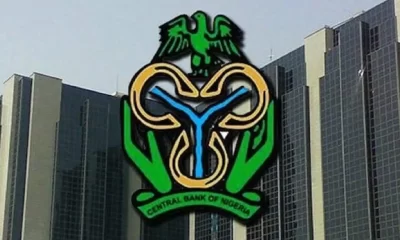
 Business1 week ago
Business1 week ago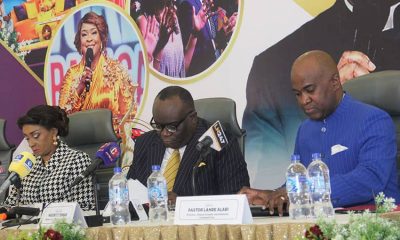
 Inspirational1 week ago
Inspirational1 week ago
 Politics1 week ago
Politics1 week ago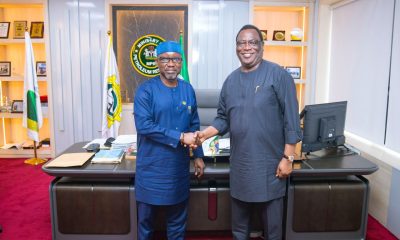
 Business1 week ago
Business1 week ago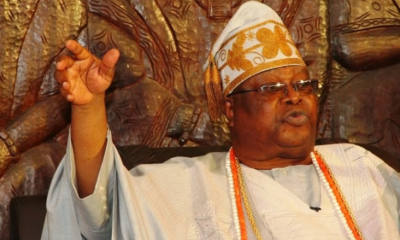
 Featured1 week ago
Featured1 week ago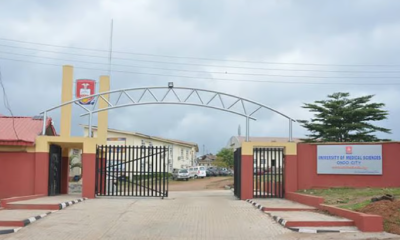
 Education1 week ago
Education1 week ago
 Latest7 days ago
Latest7 days ago
 Features1 week ago
Features1 week ago
